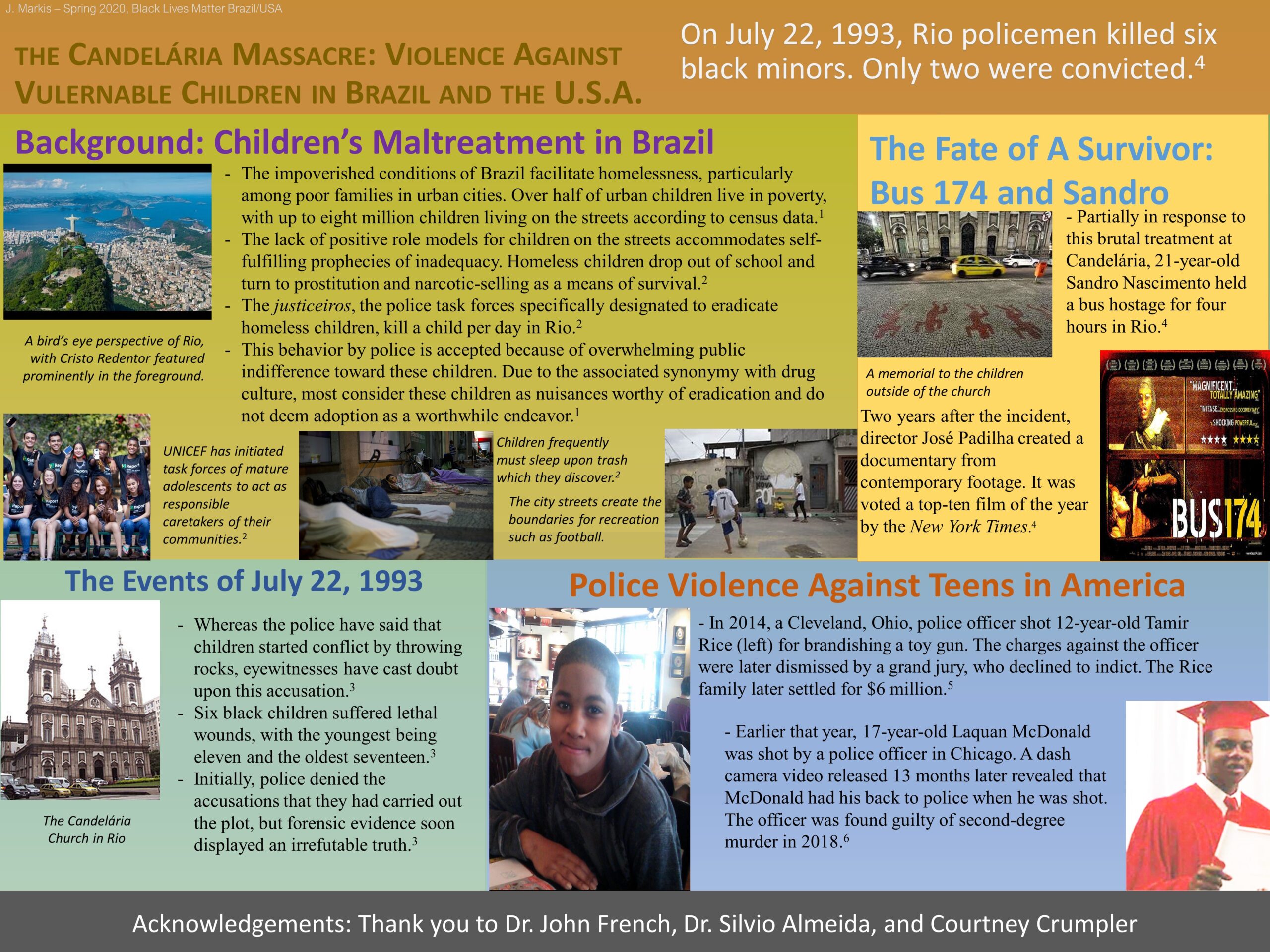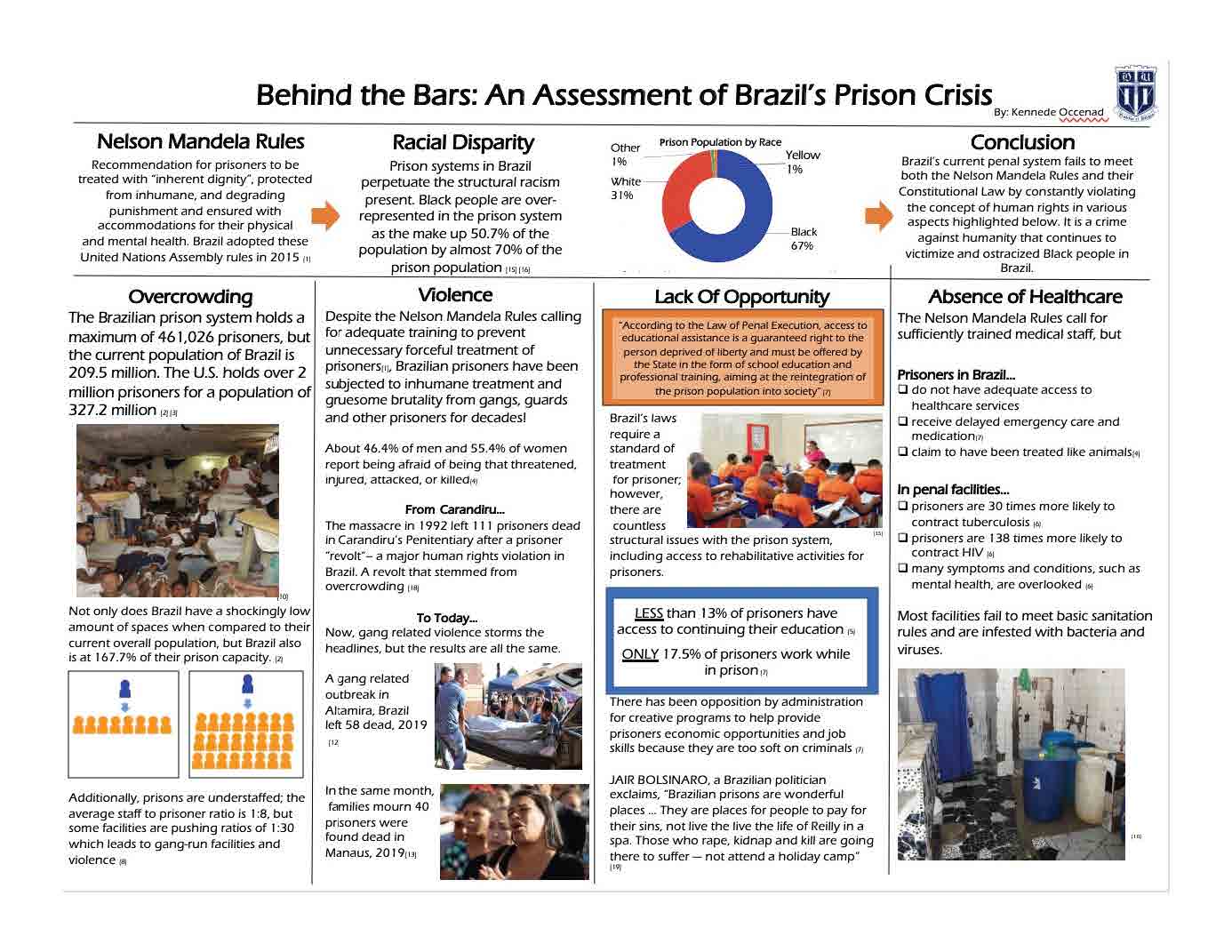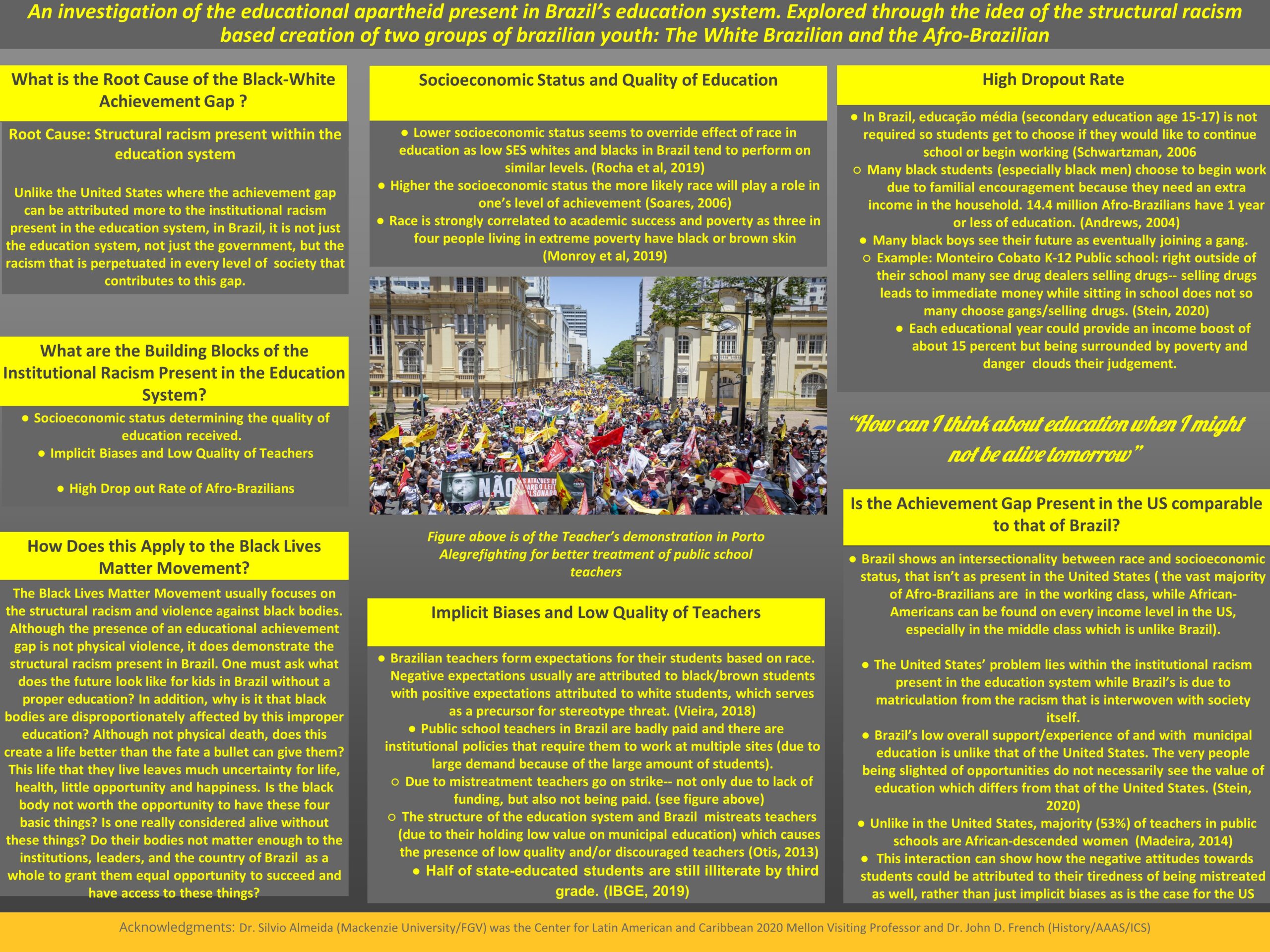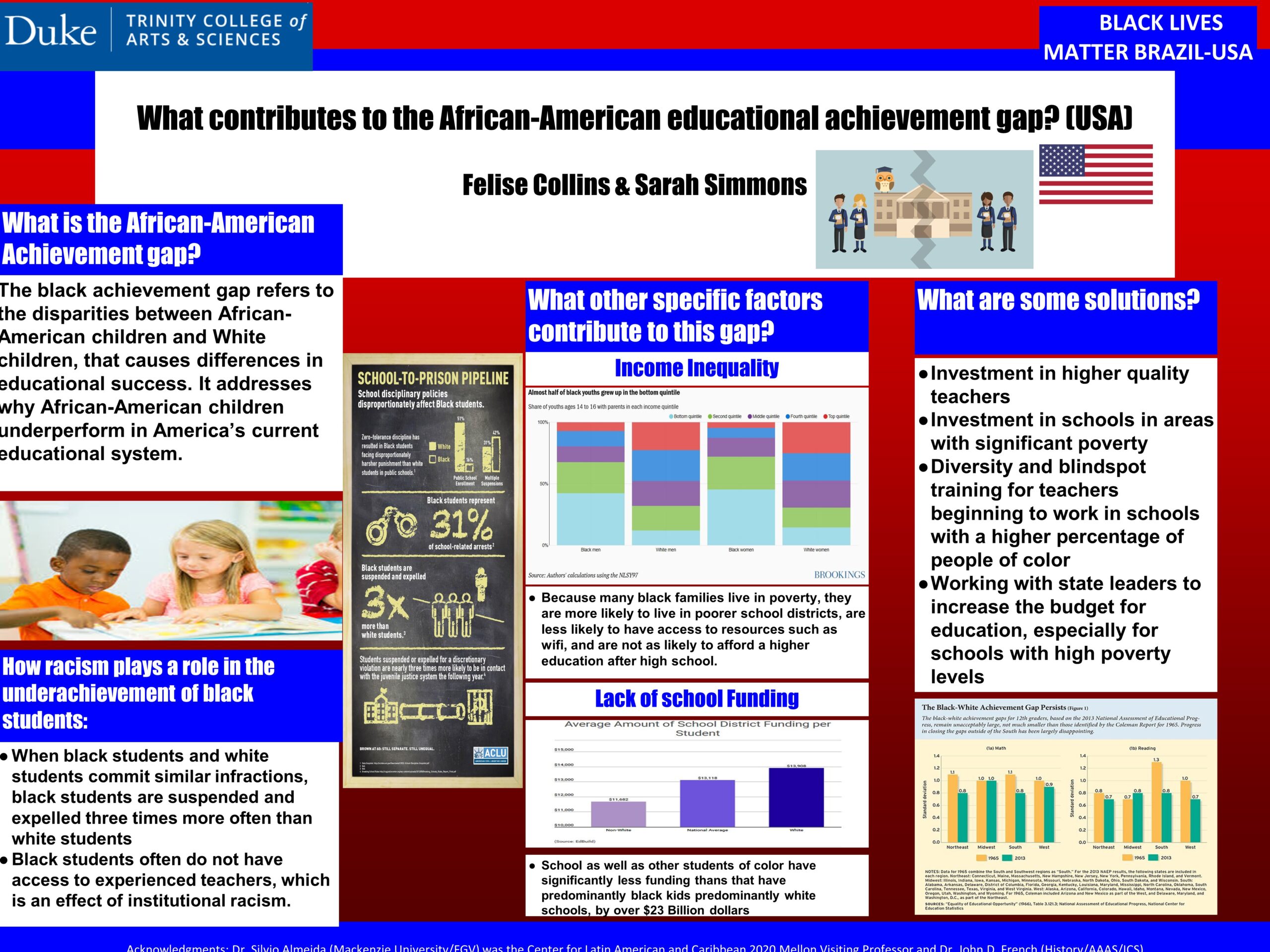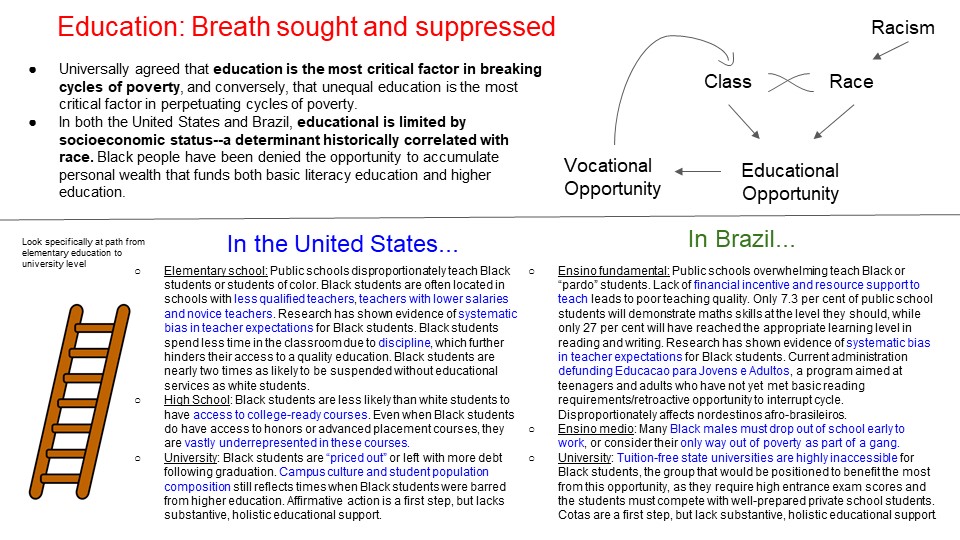Part 3: “They don’t care about us! Eles não ligam pra gente.”
In societies marked by racism and structural inequalities, the lives of the weak, the African-descended, and stigmatized minorities are threatened by official and unofficial violence that justifies itself shamelessly. Whether during police stops, in prison, or poorly-run schools, racism is an assault on fiercely held hopes for equal treatment and regard. To venture out to a convenience store without fear. To hope for a better future for your children who face a storm of racism, educational malpractice, and government neglect justified as not wasting taxpayer dollars on “them.” With Spike Lee and Michael Jackson, we say “enough is enough of this garbage” and insist that “another world is possible,” the slogan of World Social Forum founded in Brazil in 2001.
Police Killing in Brazil and the US
There are Thousands of Floyds in Brazil
Brazil
There is an ongoing genocide against Black people in Brazil.
Between 2015 and 2019, Brazilian police killed 24,741 citizens. 76% of them were Black, even though Black people make up only 54% of the Brazilian population.
Black and brown Brazilians are 2.7 times more likely to be killed by police than those who are white.
Brazil’s President Jair Bolsonaro denied systemic racism and calls those who come from Africa the “scum of the world.” He openly defends police killing rather than arrest of suspects: killing them “in the street the same as cockroaches.”
Baculejo/Enquadrada/Esculacho: Symboling police violence against Black people, these words of Brazilian popular slang to refer to a common violent approach by police officers in the streets. Making use of slaps and swearing, police work under the assumption that every Black man is criminal, guilty, violent and needs to be neutralized.
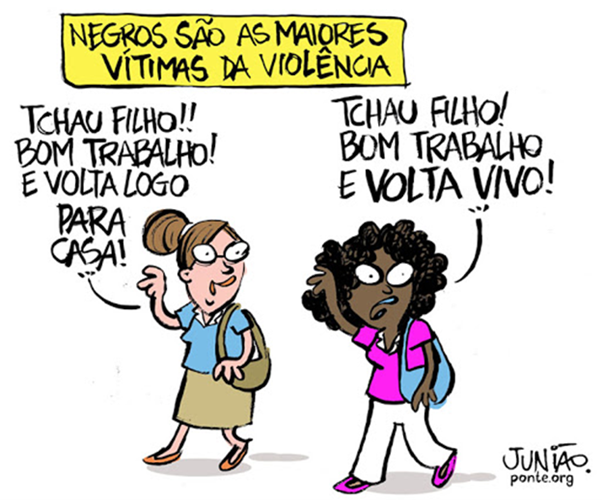
UNited States
Black Americans are 3 times more likely to be killed by police than white people.
Between 2015 and 2019, US police killed 4,937 citizens. 28% of them Black, although only 12% of the US population is African-American.
Yet, PresidentTrump denies the existence of systemic racism against his fellow US citizens, those descended from people brought to labor unpaid as slaves, from what he calls the “shit hole countries” of Africa. When dealing with them, he urged US policemen to please “not be too nice.”
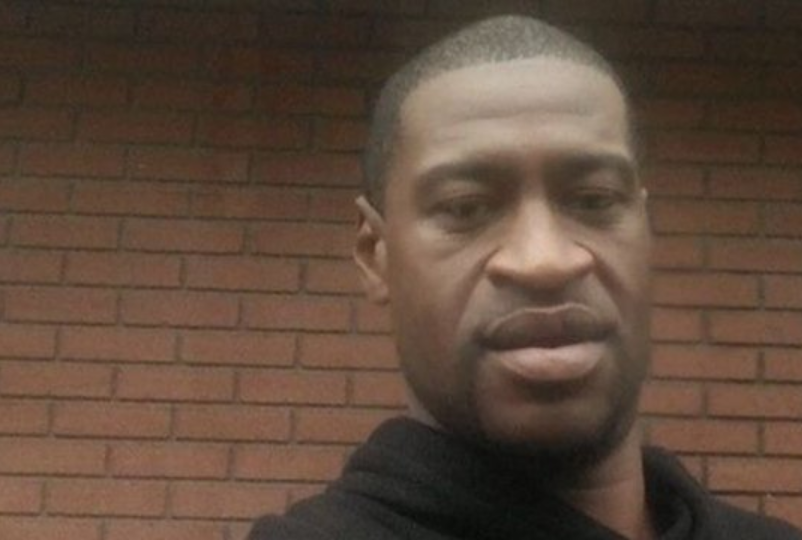
THERE ARE 2.3 MILLION PEOPLE CURRENTLY UNDER CONFINEMENT IN THE USA, AND 40% OF THEM ARE BLACK
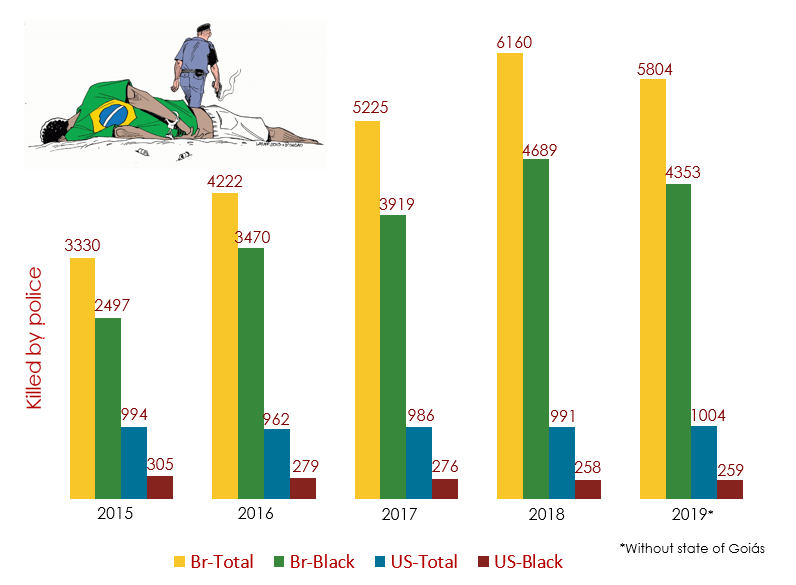
Poverty and State Abandonment
Brazil and the United States continue to reproduce unequal conditions for the Black descendants of enslaved Africans whose unpaid labor built the country and enriched tiny minorities. A century and a half after the formal end of slavery, the African-descended in Brazil and the US continue disproportionately to hold worse jobs and living conditions than their fellow citizens who are white. As a whole, their families have less accumulated wealth—however modest—and have poorer access to medical treatment and quality education, while being victimized disproportionately by crime and the police.
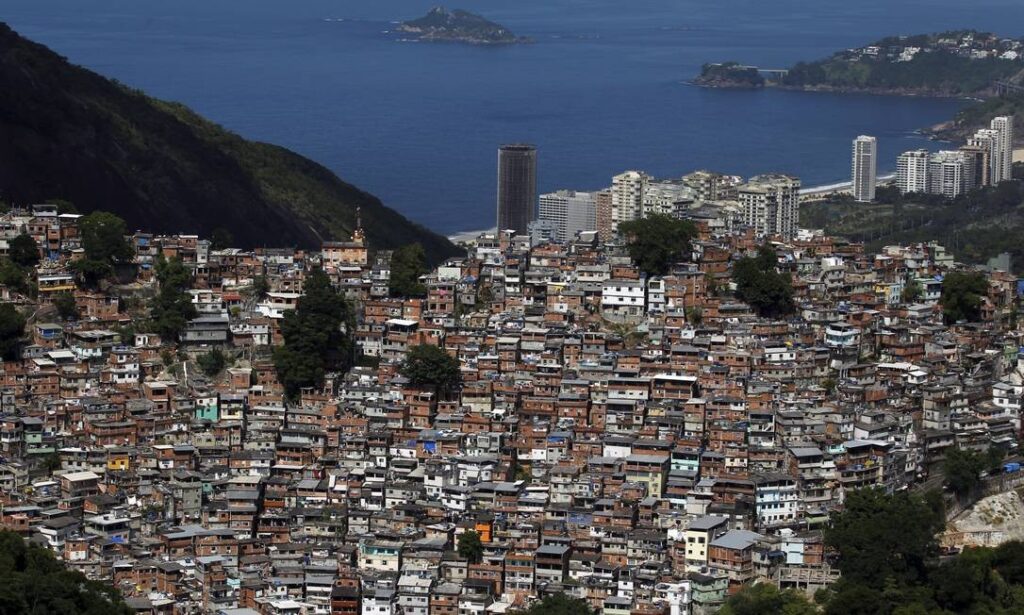
Favelas in Brazil are regions of urban occupation located on the peripheries of big cities, or on hillsides. Densely populated, favelas lack dependable access to better jobs, transportation, education, sewer and water service, and so on. Disproportionally Black and Brown, they serve as centers of Black culture and resistance. They also suffer from terrible problems related to lack of public security. Pictured above is the Favela da Rocinha, in Rio de Janeiro, which was biggest favela in the world for many decades, with 200,000 inhabitants. As Michael Jackson and Spike Lee put it in a video shot in Brazil, “they don’t care about us/eles nao ligam para gente!”
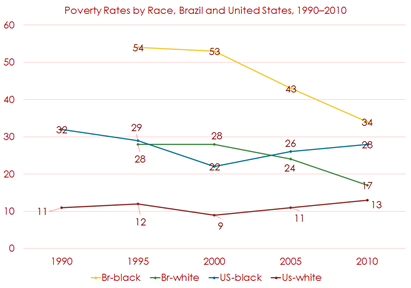
Young and old have gone into the streets in the US to demand defunding militarized police forces and to call for greater funding to support education, public health, to promote an actively involved citizenry free to express its creativity. But within Black movements themselves, there are worried by some older and more established organizations and officials warn that reducing police funding alone will not resolve the insecurity and suffering of communities of color.
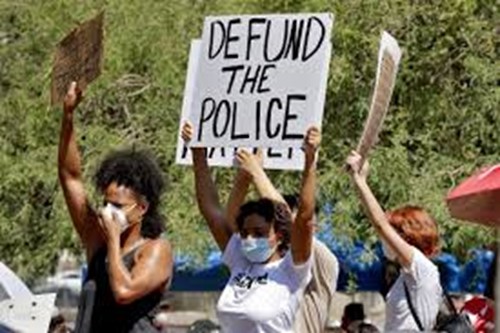
Carandiru e Attica
On October 2, 1992, the military police of São Paulo entered the Carandiru prison to dissolve a minor rebellion in blood. Refusing to negotiate, heavily armed police murdered 111 inmates in their cells and tortured and beat others in the aftermath. The operation commander, despite being sentenced to 632 years in prison, was acquitted and became a congressman whose candidate number on the ballot was “111.”
One of the consequences of the Carandiru massacre was the creation in the following year of the PCC (First Command of the Capital), the largest criminal group in Latin America, which has emerged as a violent counterpoint to the police in the name of defending prisoners.
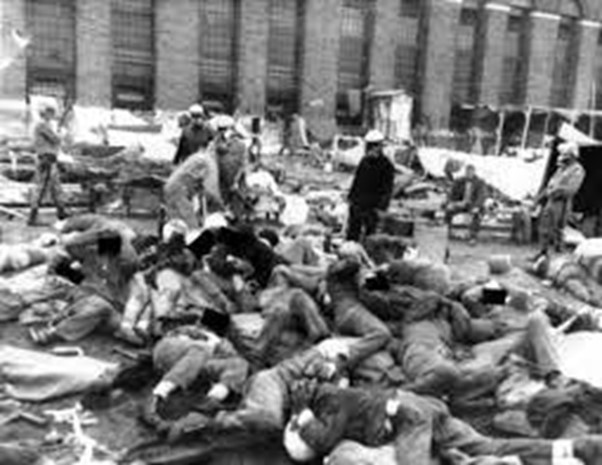
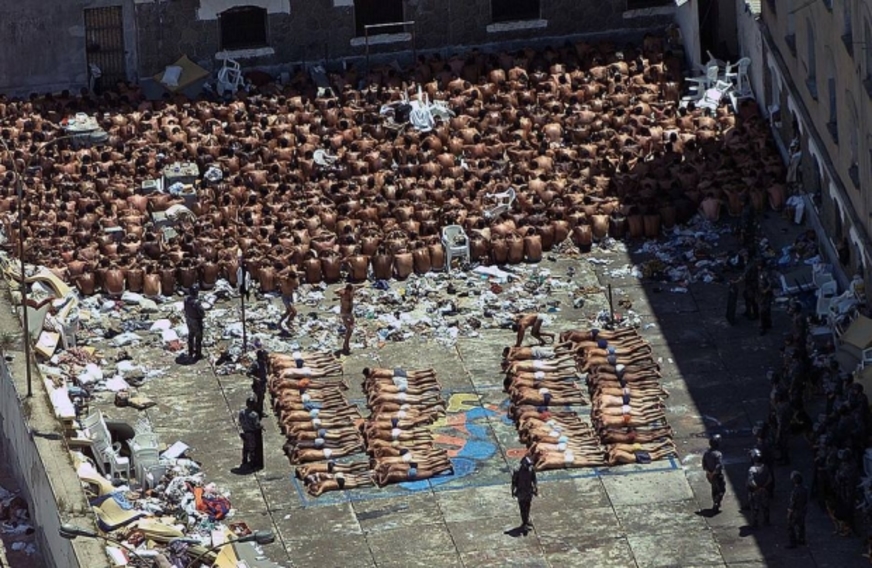
On September 13, 1971, after five days of rebellion in the state penitentiary in Attica, New York’s Governor ordered a reckless retaking of the prison by the police in which they killed both prisoners and those prison employees held hostage. In total, 43 people lost their lives and the police beat the surrendered prisoners. 30 years later, the State of New York paid $8 million to the families of the prisoners although it did not take responsibility for the massacre.
Russell Oswald, director of Attica, blamed the prisoners for what happened, saying they were a threat to free society.
EVERY POLICE TROOPER IS A BIT LIKE A SLAVE SHIP
É mole de ver
It’s easy to see
Que em qualquer dura
That in any beating
O tempo passa mais lento pro negão
Time goes slower for the Negro
Quem segurava com força a chibata
Who was tighly holding the whip
Agora usa farda
Now he wear a uniform
Engatilha a macaca
Readies the Machine gun
Escolhe sempre o primeiro
The police Always choose the first
Negro pra passar na revista
Black to stop and frisk
Todo camburão tem um pouco de navio negreiro
Every police van is a bit like a slave ship
(O Rappa / Writer: Marcelo Yuka)
Please select a poster to continue exploring the exhibit. You may also navigate using your ← and → keys.
This website is an ongoing, student-led construction, and we are constantly adding content and references.
Please stay tuned for updates to this and other sections!
